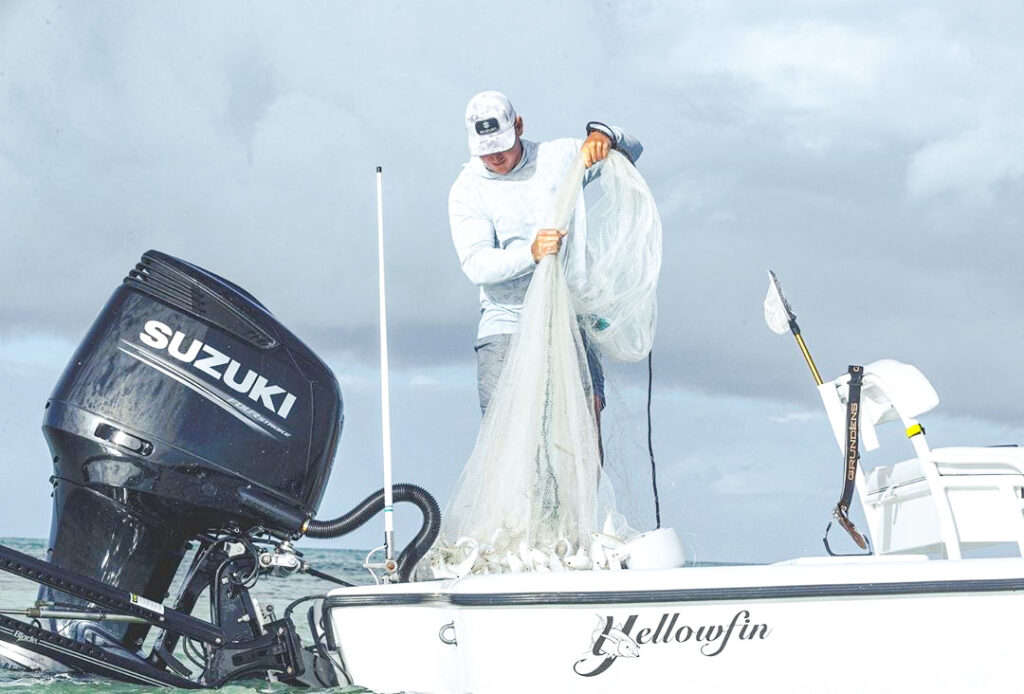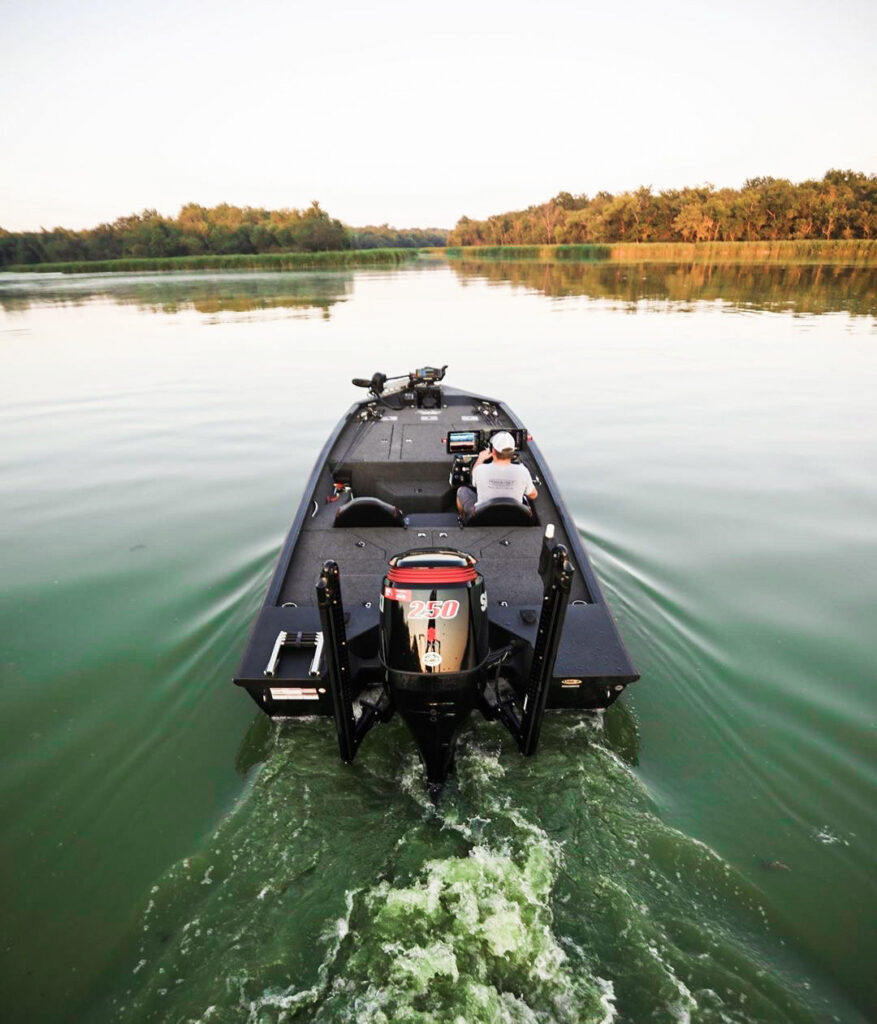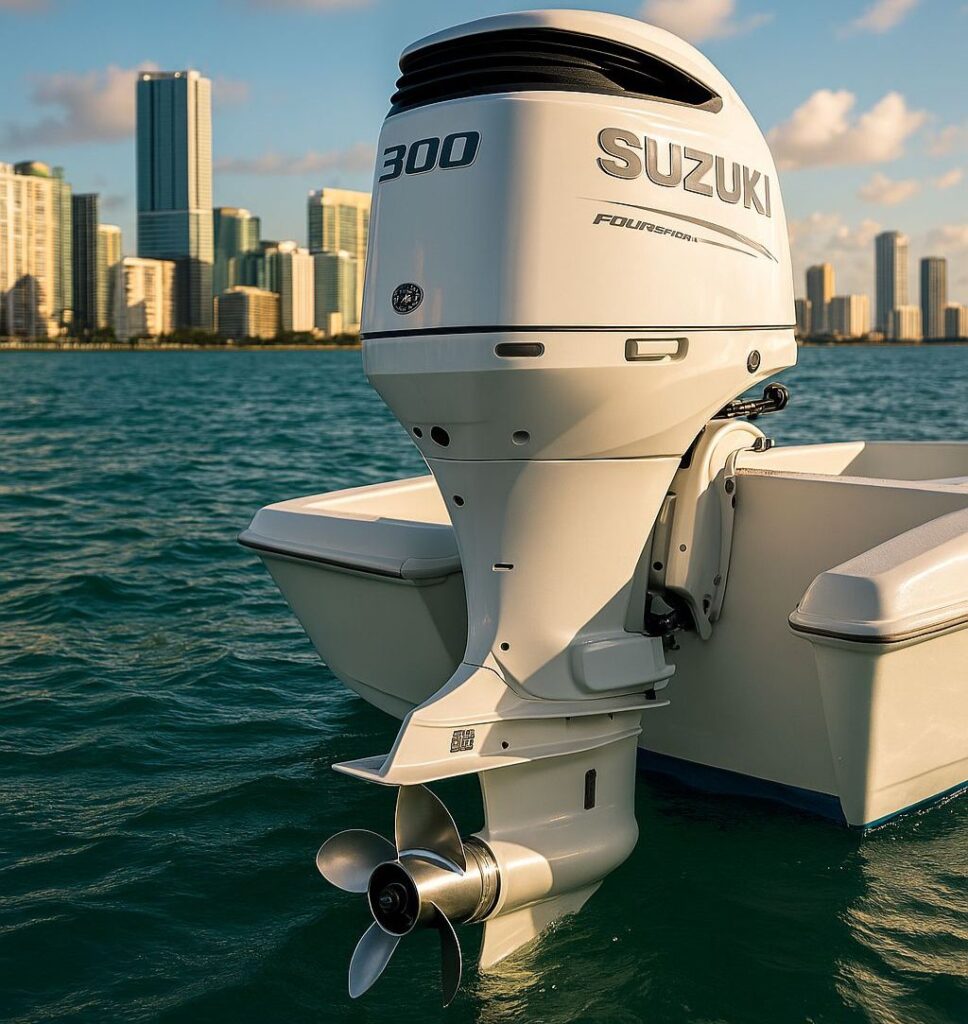Freshwater vs. Saltwater Boating: How to Care for Your Engine in Each Environment
Did you know that the environment you navigate in can significantly impact your engine’s lifespan?
Boating in freshwater and saltwater presents unique challenges for outboard motors. Salinity, minerals, and other environmental factors can accelerate wear and tear on mechanical components if not properly maintained. If you’re a boat owner, understanding these differences and applying the right maintenance practices is key to avoiding costly repairs and extending the life of your engine.

Key Differences Between Freshwater and Saltwater:
Boat engines are built to operate in a variety of environments, but the composition of the water can have a major impact on their performance and durability
Freshwater
✔ Contains fewer minerals and salts, which reduces the risk of corrosion.
✔ Can lead to sediment and organic residue buildup in the cooling system.
✔ Algae and bacterial growth in internal passages can be an issue in certain regions.
Saltwater
✔ Highly corrosive due to its high sodium and chloride content.
✔ Can leave salt deposits inside the engine if not flushed properly.
✔ Increases the risk of rust and oxidation on exposed metal components.
Each environment presents unique challenges, which is why it’s essential to follow a proper maintenance plan to protect your engine and prevent premature failures.
Essential Care for Engines in Freshwater
While freshwater is less aggressive than saltwater, it doesn’t mean your engine is risk-free. The main concerns in this environment include sediment buildup and the growth of microorganisms.

Recommended Maintenance:
Engine flush: After every outing, flush the cooling system to prevent residue buildup. Cooling system inspection: Check for blockages in hoses and water filters. Cleaning of deposits and carburetor: Freshwater residue can accumulate over time, affecting engine performance. Use of fuel stabilizers: Helps prevent the formation of deposits in the fuel injection system. Regular preventive maintenance: Change the oil and inspect internal components for signs of wear.
Essential Care for Engines in Saltwater
The biggest threat to outboard engines in saltwater is corrosion. Salt clings to metal components and, if not properly removed, can cause irreversible damage in a short amount of time.
Recommended Maintenance:
Freshwater flush after every use: Use a flushing kit to thoroughly clean the cooling system and remove any salt buildup.
Apply anti-corrosion protectants: Spray a marine-grade lubricant on exposed engine parts to create a barrier against moisture and salt.
Inspect and replace sacrificial anodes: These components protect the engine’s metal parts from galvanic corrosion and should be replaced regularly.
Use anti-corrosion paint: Helps protect the hull and external engine surfaces from prolonged saltwater exposure.
Inspect hoses and connections: Salt can harden rubber materials, increasing the risk of leaks and failures.
Common Mistakes and How to Avoid Them
Many boat owners make maintenance mistakes that can drastically shorten the life of their outboard engines. Here are some of the most common—and how to avoid them:
✔ Failing to flush the engine after each use → Always perform a freshwater rinse, especially after saltwater outings.
✔ Neglecting anode inspection and replacement → Replace them regularly to prevent corrosion of critical components.
✔ Using low-quality fuel → Always use fuel with stabilizers to avoid issues in the injection system.
✔ Not protecting exposed metal parts → Apply anti-corrosion spray to bolts, clamps, and electrical connections.
✔ Ignoring warning signs → If you notice loss of power, overheating, or unusual noises, inspect the engine immediately to prevent serious damage.

Proper maintenance of your boat’s engine is essential to ensure optimal performance and avoid costly mechanical issues. Both freshwater and saltwater pose unique challenges, but with the right care, you can extend your engine’s lifespan and enjoy worry-free boating. At Reliable Marine, we specialize in outboard engine care for all types of environments. Don’t let corrosion or unexpected wear ruin your time on the water.